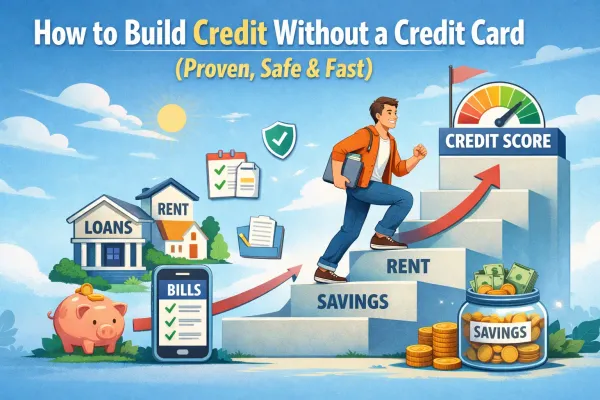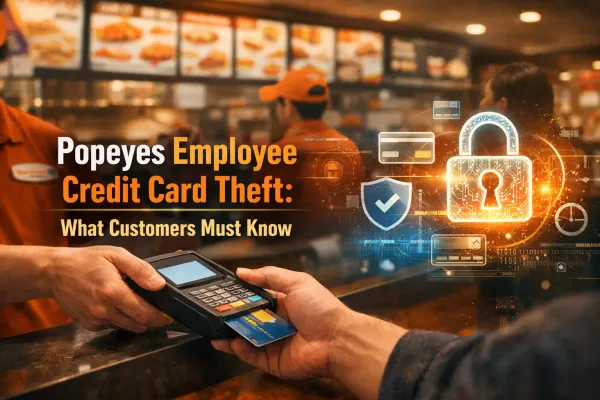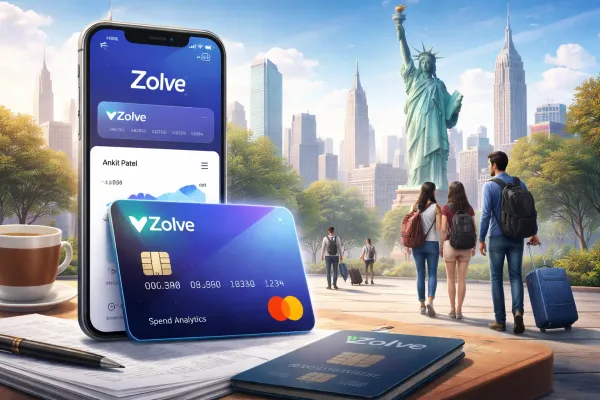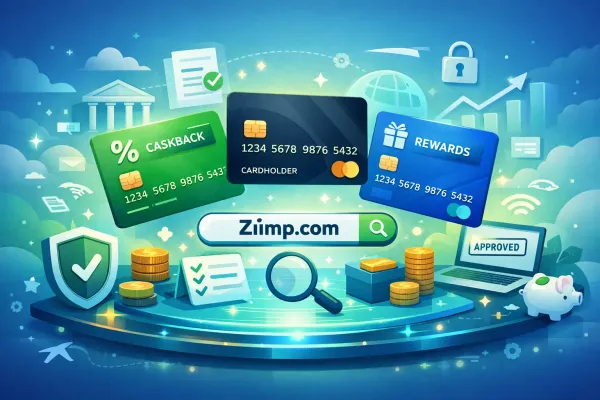Getting Kids Their First Credit Card: A Parent’s Complete Guide
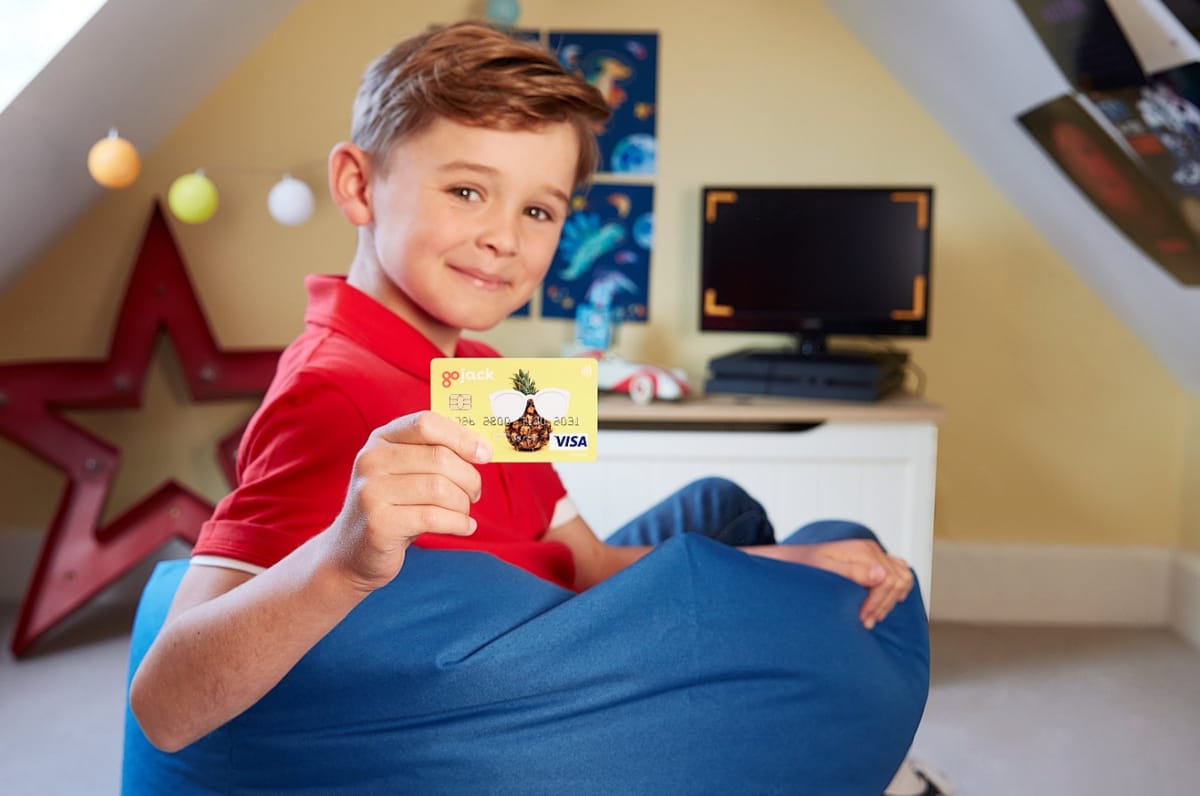
Giving kids their first credit card is a major milestone in their financial journey. While many parents worry about debt and irresponsible spending, introducing children to credit at the right time—with proper guidance—can set them up for financial success.
This guide will walk you through the benefits, risks, best types of credit cards, and expert strategies to ensure your child learns responsible money management while building a solid financial future.
Why Should Kids Have a Credit Card?

Many parents hesitate to give their child access to credit, fearing reckless spending. However, when used wisely, a credit card can be an excellent tool for financial education.
✔️ Key Benefits of Giving Kids a Credit Card
- Teaches Financial Literacy – Kids learn real-world concepts like budgeting, interest rates, and credit limits.
- Builds Credit Early – A positive credit history helps them qualify for loans, rental agreements, and even jobs in the future.
- Emergency Preparedness – A credit card ensures access to funds in unexpected situations.
- Instills Responsible Spending Habits – Guided credit use encourages budgeting and disciplined spending.
When Is the Right Time to Get Kids Their First Credit Card?
Every child matures financially at their own pace, so there isn’t a one-size-fits-all answer. However, certain age groups tend to be better suited for different types of financial tools.
📅 Age-Based Readiness for a Credit Card
| Age Group | Best Financial Tool | Why? |
|---|---|---|
| Under 13 | Debit Card / Cash Allowance | Teaches money basics without the risk of debt |
| 13-15 | Authorized User on Parent’s Card | Helps learn credit use while under supervision |
| 16-18 | Secured or Student Credit Card | Ideal time for independent credit building |
| 18+ | Own Credit Card | Full responsibility and credit-building potential |
🧐 Signs Your Child Is Ready for a Credit Card
- Understands the difference between debit and credit
- Demonstrates responsible spending habits
- Keeps track of money and avoids impulse buying
- Has successfully used a debit card without overdrafting
If your child meets these criteria, they are likely ready to handle a credit card responsibly.
Best Credit Card Options for Kids
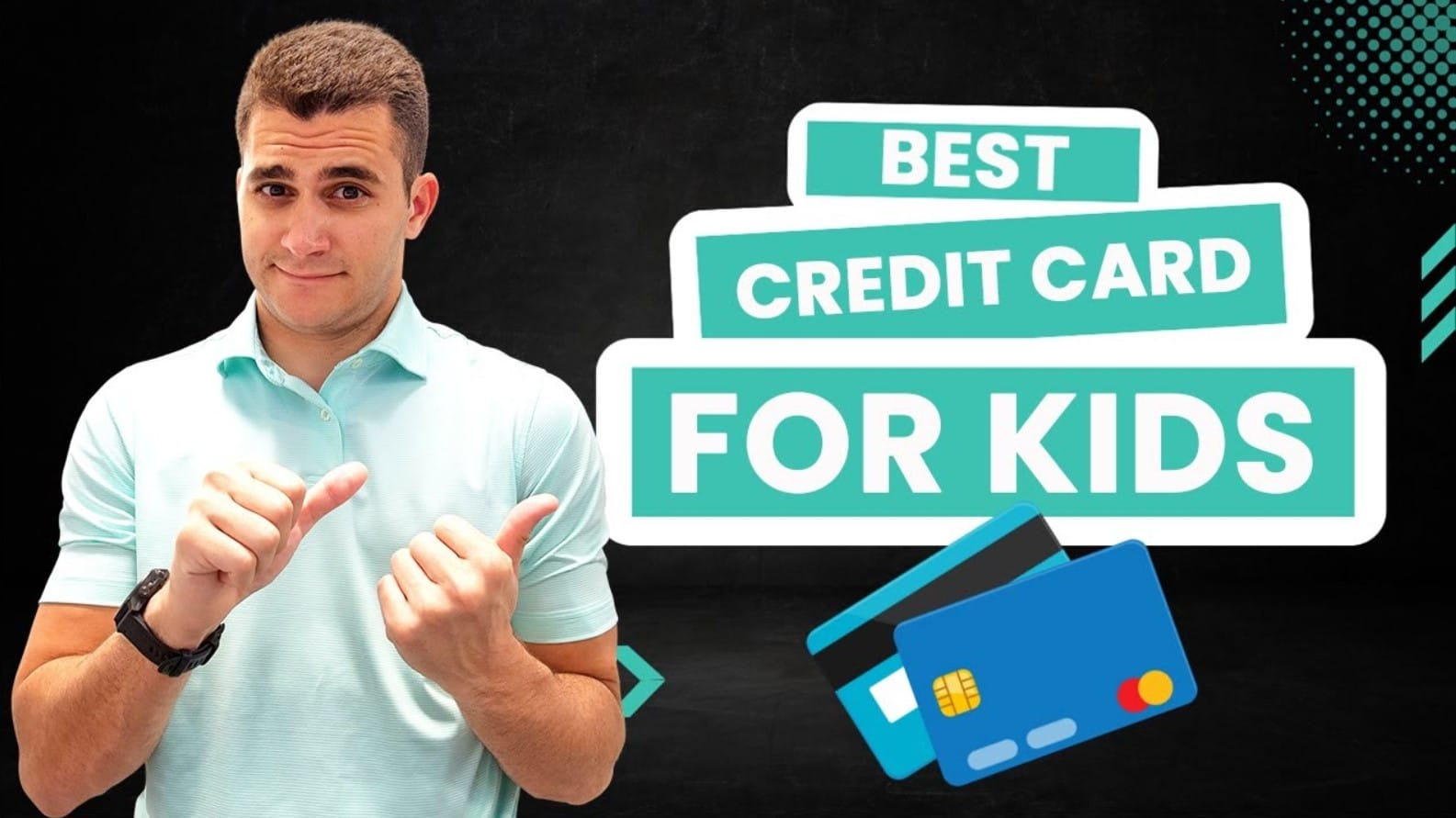
Choosing the right credit card is crucial. Depending on your child’s age and financial experience, different options may be more suitable.
1️⃣ Authorized User on a Parent’s Credit Card
✅ Builds credit history early
✅ Parents can monitor spending
✅ No separate credit application required
❌ Parents are responsible for all charges
❌ Risk of overspending if not monitored
2️⃣ Prepaid Credit Cards (Alternative for Younger Kids)
✅ No risk of debt
✅ Helps kids practice budgeting
✅ Parental control over funds
❌ Doesn’t build credit
❌ Limited use compared to real credit cards
3️⃣ Student Credit Cards
✅ Helps build credit independently
✅ Often offers cash back and rewards
✅ Lower credit limits reduce risk
❌ May require a co-signer
❌ Higher interest rates if not paid in full
4️⃣ Secured Credit Cards
✅ Safer for beginners
✅ Builds credit with a security deposit
✅ Encourages responsible use with limited risk
❌ Requires an upfront deposit
❌ Limited perks compared to traditional credit cards
How to Choose the Right Credit Card for Your Child
🛠️ Key Factors to Consider
- Credit Limit – A lower limit ($200-$500) helps prevent overspending.
- Low or No Fees – Avoid unnecessary charges with a student-friendly option.
- Parental Controls – Some banks allow monitoring and setting spending limits.
- Low Interest Rates (APR) – Reduces potential interest charges if a balance is carried over.
- Rewards & Benefits – Look for perks like cash back or fraud protection.
How to Teach Kids Responsible Credit Card Use
A credit card can be a stepping stone to financial independence—if managed correctly. Here’s how parents can guide their children effectively.
📖 Essential Lessons for First-Time Credit Card Users
1️⃣ Explain How Credit Works
- How interest rates impact balances
- The importance of paying the balance in full
- How late payments hurt credit scores
2️⃣ Set Spending Rules and Limits
- Agree on what the card can be used for (e.g., emergencies, school expenses).
- Define a maximum spending limit per month.
3️⃣ Encourage Paying the Full Balance
- Avoid minimum payments to prevent debt accumulation.
- Set up auto-pay or reminders for on-time payments.
4️⃣ Review Monthly Statements Together
- Go over expenses to ensure responsible use.
- Identify any fraudulent or unnecessary charges.
5️⃣ Explain the Consequences of Poor Credit Management
- Missed Payments: Late fees, higher interest rates, credit score damage.
- Overuse of Credit: High balances can hurt future borrowing ability.
Common Mistakes Kids Make with Their First Credit Card
Even with guidance, first-time credit users can make mistakes. Knowing the common pitfalls can help prevent them.
⚠️ Top Mistakes to Avoid
❌ Overspending – Buying more than they can afford to pay off each month.
❌ Missing Payments – Forgetting due dates, leading to fees and damaged credit.
❌ Ignoring Statements – Not tracking expenses can lead to unnoticed fraud.
❌ Using Credit for Everyday Purchases – Treating credit like free money instead of an emergency tool.
Best First Credit Cards for Kids (2025 Edition)
| Card Name | Type | Best For | Annual Fee | Key Features |
|---|---|---|---|---|
| Chase Freedom Student | Student Credit Card | Building credit | $0 | Cash back, no annual fee |
| Capital One Platinum Secured | Secured Credit Card | Safe credit building | $0 | Low deposit, reports to credit bureaus |
| Greenlight Card | Prepaid Card | Kids under 18 | $4.99/month | Parental controls, no risk of debt |
| Discover It Student Cash Back | Student Credit Card | Rewards & credit building | $0 | 5% cash back, good for beginners |
FAQs
What is the best age to get kids their first credit card?
16-18 is ideal, but readiness depends on financial maturity.
Can kids get a credit card without income?
Yes, but they may need a co-signer or start with a secured/student credit card.
How can parents monitor their child’s credit card use?
Most banks offer parental controls, alerts, and shared account access.
Does adding my child as an authorized user help their credit?
Yes, if the parent maintains a good credit history, it can positively impact their child’s credit.
What happens if my child misses a payment?
Late payments can result in fees, increased interest rates, and credit score damage.
Conclusion
Getting kids their first credit card is a powerful financial lesson that can set them up for success. By choosing the right card, setting clear rules, and educating them about credit management, parents can ensure their child develops responsible spending habits.
Start early, guide them wisely, and empower them to build a strong financial foundation!

